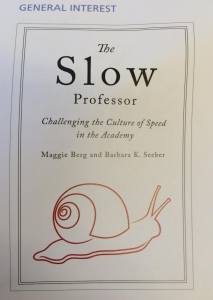Rob Ford’s recent death has prompted some great thinking and writing (e.g. here, here and here). I don’t have much to add, except for one little observation, which I don’t think has been given enough play. It is about social class.
Rob Ford was often described as a champion of the little guy, of being the “people’s mayor.” He was also inordinately popular among what we academics refer to, euphemistically, as “low-SES individuals” (SES standing for “socio-economic status”). And yet it was often pointed out that Ford himself was rich, he was born to a rich family, and had never really had to work for a living – outside the family business – before he entered politics. He was, in other words, a comfortable member of the economic elite. (Furthermore, many of Ford’s policies did not really benefit his supporters. Property taxes, in particular, are about the closest thing we have to a pure wealth tax in our society, so his insistence of keeping them as low as possible generated significant benefits for the wealthy and little more than spare change for the downtrodden.)
And yet somehow the charge, that Ford was just a rich guy, pushing through an agenda that benefited the rich, never seemed to stick.… Continue reading


